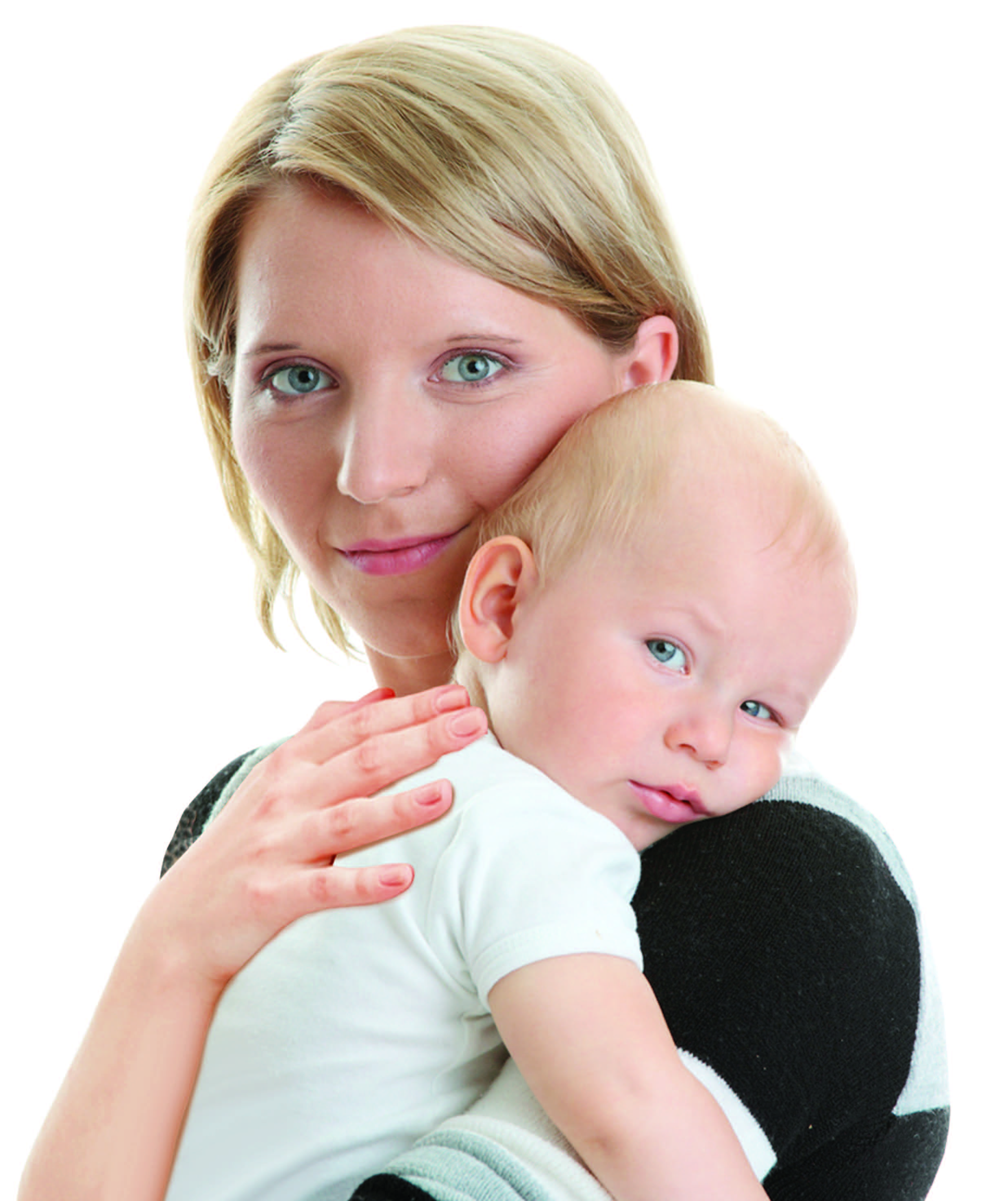<link href="https://cdn.sur.ly/widget-awards/css/surly-badges.min.css" rel="stylesheet">
<div id="surly-badge" class="surly__id_56779743 surly-badge_white-gradient" onclick="if(event.target.nodeName.toLowerCase() != 'a' && event.target.parentElement.nodeName.toLowerCase() != 'a') {window.open('https://sur.ly/i/parentingwithouttears.com/'); return 0;}">
<div class="surly-badge__header">
<h3 class="surly-badge__header-title">Content Safety</h3>
<p class="surly-badge__header-text">HERO</p>
</div>
<div class="surly-badge__tag">
<a class="surly-badge__tag-text" href="https://sur.ly/i/parentingwithouttears.com/"> parentingwithouttears.com </a>
</div>
<div class="surly-badge__footer"> <h3 class="surly-badge__footer-title">Trustworthy</h3> <p class="surly-badge__footer-text">Approved by <a href="https://sur.ly" class="surly-badge__footer-link">Sur.ly</a> </p> </div> <div class="surly-badge__date">2023</div>
</div>
 A study* has reviewed the evidence to see whether symptoms of post-natal depression, and also depression during pregnancy, may be reduced by taking regular omega-3 supplements (the special fats found in some marine foods such as oily fish).
A study* has reviewed the evidence to see whether symptoms of post-natal depression, and also depression during pregnancy, may be reduced by taking regular omega-3 supplements (the special fats found in some marine foods such as oily fish).
The first few weeks after giving birth can be exhausting for new mums, but for those who go on to develop post-natal depression, the situation can be completely overwhelming. Eating well during pregnancy and after giving birth is important for the baby’s development, but also for keeping new mums healthy.
A simple step such as taking a supplement containing the omega-3s, EPA and DHA, seems to be an effective way to help manage some of the debilitating symptoms of depression that some women may experience with their new born.
Check out my top lifestyle tips for keeping well after giving birth:
Dr Carrie Ruxton is from the Health and Food Supplements Information Service (HSIS). For more information on vitamin, mineral and food supplements visit HSIS.
*Hsu MC et al. (2018) Omega-3 polyunsaturated fatty acid supplementation in prevention and treatment of maternal depression: Putative mechanism and recommendation. J Affect Disord. Oct 1;238:47-61.